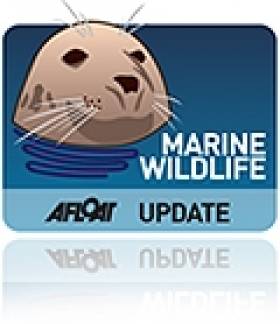Displaying items by tag: Highlands
Body of Irish Fisherman Recovered in Scotland
#NEWS UPDATE - A fisherman whose body was found in a Scottish harbour on St Stephen's Day has been identified as that of a 34-year-old Donegal man, the Belfast Telegraph reports.
Philip Anthony Toland, from Glengad in Inishowen, Co Donegal, was last seen on Christmas Day near the pier at Ullapool harbour in the Scottish Highlands.
As BBC News reports, concerns were raised later that evening and a search was launched involving police, coastguard and RNLI lifeboat teams.
The body was located by a police dive team in the sea near the pier when the search resumed on Monday morning.
It is being speculated that Toland - who has an eight-year-old son - may have slipped and fallen into the water while returning to his boat.
Pilot Whales Returned to Sea, But 25 Die
Forty-four stranded pilot whales have been returned to open water after a mass beaching in the Scottish Highlands, The Independent reports.
Medics from British Divers Marine Life Rescue joined the coastguard and navy working through the night to right whales that stranded on their sides or backs, or on top of each other, before the morning tide.
Sadly 25 whales from the pod died at the Kyle of Durness, a tragic echo of last autumn's mass stranding in Donegal, where 33 whales were lost.
The Independent has more on the story HERE.






























































